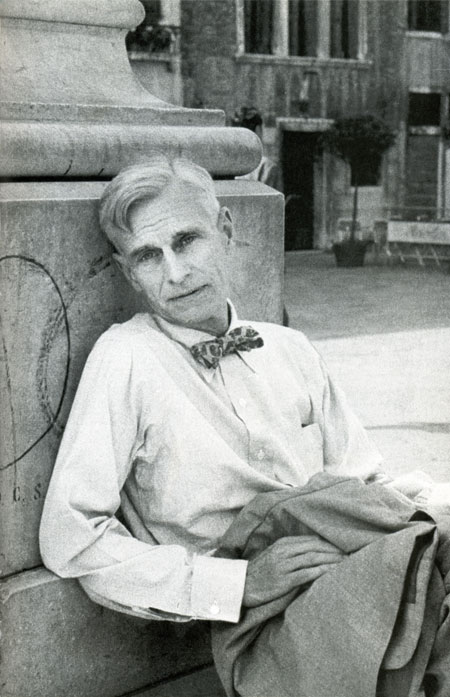1
When the last of the sunlight goes,
and shadows stretching from the shade
of trees and bushes, long hedgerows,
join up together to invade
wild grasses and the flat pasture,
turning from shadows into night,
then the bees, scattered far and near,
take notice, and start on their flight
back to those walls and roofs they know,
beehives where their small bodies rest
between dark and dawn; they go
over the threshold, noisy, fast,
massing in hundreds at the doors,
and pour past into their close cells,
cramming chambers and corridors
while the last of the daylight fails:
sleep silences the working hive
and leaves it quiet as the grave.
2
For bees put no trust in the sky
when storms come up with an east wind,
and seldom venture far away
from their stations when downpours impend:
instead, they draw the water off
and stick close to their city walls
where any flights they take are brief;
as the wind blows and the rain falls
they steady themselves through turbulence
by taking with them little stones
(as frail boats, faced with violence
of gales and tides, take ballast on),
and hold their given course along
the clouds, balanced, and balancing.
3
A wonder, how they reproduce:
without courtship, or lovemaking,
without letting their hearts unloose
nerves and sinews like so much string,
without the agony of birth,
they gather offspring from the leaves
and softer hearts, draw with each breath
pollen and children for the hives,
providing themselves with a fresh
ruler, and tiny citizens,
to take the place of some who crash
against the earth, onto hard stones,
brought level by their single love
for flowers and honey-vintages
(the glorious legacy they leave
behind them, in trust for the ages),
although the time that waits for them
is short enough, and not beyond
a seventh summer; yet the same
nation and race will soldier on,
deathless in spite of time’s attacks,
in cells and palaces of wax.
4
All of these things have given pause
to the bees’ watchers and guardians
whenever they ascribe the cause
to some influx, some influence
over and above the natural,
an exhalation from beyond
or an element more ethereal
than air itself – maybe the mind
of God, that strengthens as it runs
in earth and sky, or turns in deep
acres of churning oceans,
in herds of cattle, flocks of sheep,
the wild beasts and the harmless beasts,
in life that feels along a thread
from its first movement to the last,
finishing where it all started,
and never reaching a true end:
this keeps the bees away from death
when, at the last, they all ascend
into the skies they lived beneath,
to fly between undarkened spheres
in heaven, and the many stars.
(Virgil, from the Georgics, book IV. Translated from the Latin by Peter McDonald. Published in the 26 January 2007 Times Literary Supplement.)


